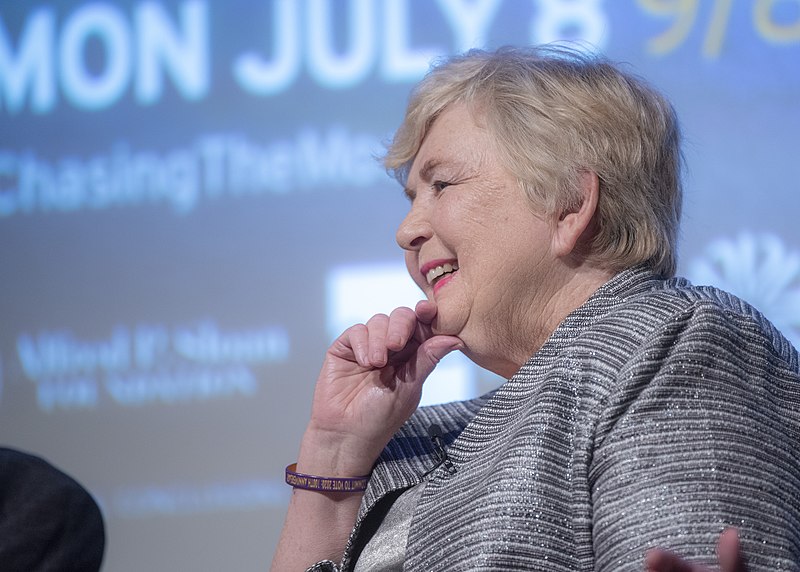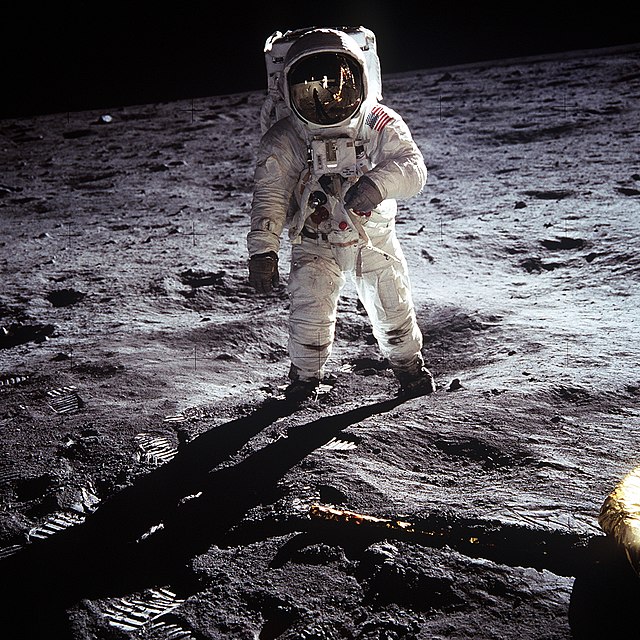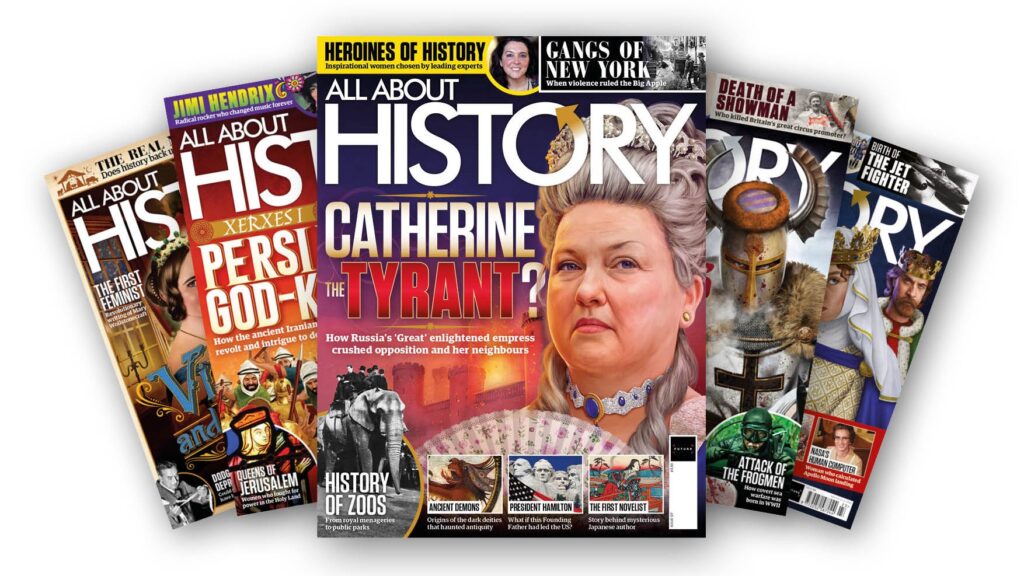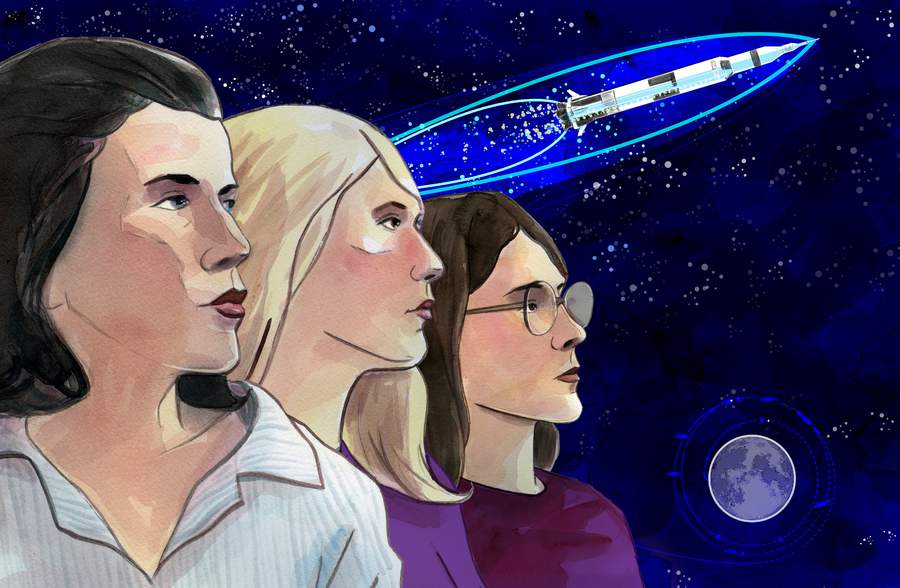How Frances “Poppy” Northcutt helped to put man on the moon and why she thinks “Apollo 13 was the most successful lunar mission”

How did you get involved with the Apollo program and what was your role?
I majored in mathematics at college and after I graduated, I got a job with a space contractor called TRW. I was hired as a computress and after a few months, I was assigned to a project that involved developing a family of computer programmes that calculated the trajectories that would be used in the Apollo program. I started working on the return to Earth programme, developing the manoeuvres to come back from the Moon, in 1966 and when the schedule for the Apollo 8 mission was accelerated I was asked, along with some of my team members, to go over to the control centre and work during the mission.
What was it like to be the only woman working in a male-dominated environment like that?
I pretty much experienced the same as what every woman who worked in an isolated environment did. You always felt like you stood out because you were different and that you would be noticed more if you didn’t perform well, so you always felt pressure to perform better than average. I was fortunate, the company that I worked for was very progressive for the time and I didn’t experience overt discrimination.
Was it frustrating to receive attention from the press because of your appearance and the fact that you were a young woman?
I increasingly found that frustrating because it had a cumulative effect. At the same time, I knew it was really important to continue to speak to the press, even if they were going to be dismissive and talk about how I was wearing my hair or whatever, because I thought it was very important that women and men out there began to recognise that some women were doing these jobs.
The calculations made by you and your team were put to the test with Apollo 8, the first crewed mission to reach the Moon’s orbit. How did it feel waiting for Apollo 8 to regain communication after it passed behind the Moon?
Well, that was very nerve-wracking because when you lose communication with them, you don’t know whether the engine had fired or not, whether the burn that they did was too long or too short. Apollo 8 was the first time that we had ever lost communication with a spacecraft in flight for long.
Did it hit you in that moment that you were making history?
It didn’t hit me at that moment because you’re so involved in what you’re doing and making sure that everything is working, you can’t be thinking about those extraneous things. Fortunately, the reason they were late was not because there was a problem with the manoeuvre, but because there are mass concentrations on the Moon that had not been previously mapped. So, every orbit they went around the Moon and collected data to build the profile of the mass concentrations, so in future missions they would come out pretty much dead on time.
Where were you when Apollo 11 successfully landed on the Moon?
I was at home resting! I was a return to Earth specialist and you’re not going to bring them back from the Moon to the Earth whenever you got two astronauts on the surface of the Moon. In the end, I probably did worse than everybody else because at the time, I had like an 11 inch a little portable black and white TV!

What can you remember from the moment of the landing?
Well, the images at the time were pretty terrible, I don’t really remember very much about what I saw, I was mainly listening to the audio. It was sitting there holding your breath, wondering if they were going to land or not because they were having a little bit of fuel problems going down. President Kennedy said we were to land on the Moon and return back to Earth – I never disconnected those.
I only considered it a success if we did both of those things, it wouldn’t be a success if they landed and they didn’t get home.
You also helped to bring the astronauts of Apollo 13 safely home after one of their oxygen tanks exploded. What was the atmosphere like during that time?
It was a very tense time at the control centre for everyone because we had a mission that was definitely endangered. I think the biggest concern was that no one knew how serious the damage to the spacecraft was. When you’ve had a major loss like that, you don’t know what else might have been affected and that suspense was certainly a concern to everybody. But again, when you work on a mission, part of what you learn to do is you learn to focus and compartmentalise, you’ve got to do your job and do your job correctly. In terms of the return to Earth, our program worked great, it did everything it was supposed to do.
It must have been a great feeling to know your program worked successfully?
It was a great feeling to know that we knew how to deal with that problem. I think Apollo 13 was the most successful lunar mission because it showed even though we didn’t accomplish all of the mission goals, we accomplished the main goal, which was to get them home safely.
Do you have any advice for young girls and women thinking of going into the STEM fields today?
I still talk to girls that tell me a lot, ‘I’m not good at math.’ I hope they take part of what President Kennedy said to heart, because I think it’s truly the overriding lesson from Apollo, which is to do it because it’s hard, not because it’s easy.
Discover more incredible women in history, chosen by leading historical experts, in All About History 127

